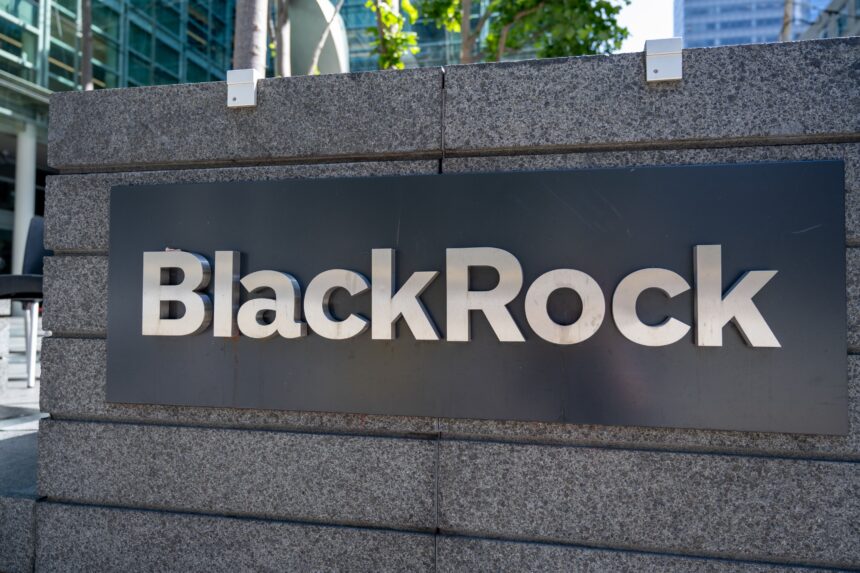BlackRock is reportedly investigating the potential for incorporating exchange-traded funds (ETFs) onto public blockchains, according to sources familiar with the matter. The asset management giant is contemplating the tokenization of funds linked to real-world assets, such as stocks, although any implementation will hinge on obtaining regulatory approval.
This initiative comes on the heels of BlackRock’s previous foray into tokenization, marked by the launch of the BlackRock USD Institutional Digital Liquidity Fund, also known as BUIDL. This fund, which is underpinned by short-term U.S. Treasuries, repurchase agreements, and cash, has swiftly emerged as the largest tokenized Treasury product globally, currently managing approximately $2.2 billion.
The potential tokenization of ETFs represents a significant evolution in blockchain-based financial products. If realized, it would allow shares of these funds—customarily traded on stock exchanges during market hours—to be issued and exchanged as tokens on a blockchain network. Advocates of this development suggest that it could offer several advantages, including 24/7 trading capabilities, as opposed to the limited hours of traditional exchanges. Additionally, the settlement process, which typically takes two business days in conventional finance, could be expedited to occur in mere minutes. This could also provide access to ETF investments for investors in regions where such products are not readily available.
However, the launch of these products will be contingent upon receiving necessary approvals from regulatory bodies. BlackRock’s ongoing discussions reflect a broader trend within the financial sector as banks, fintech firms, and asset managers experiment with blockchain technology for various financial instruments, including bonds, private credit, and now, mainstream equity funds. This strategic exploration by BlackRock signals not only an intention to innovate but also a commitment to advancing financial technology within the investment landscape.







